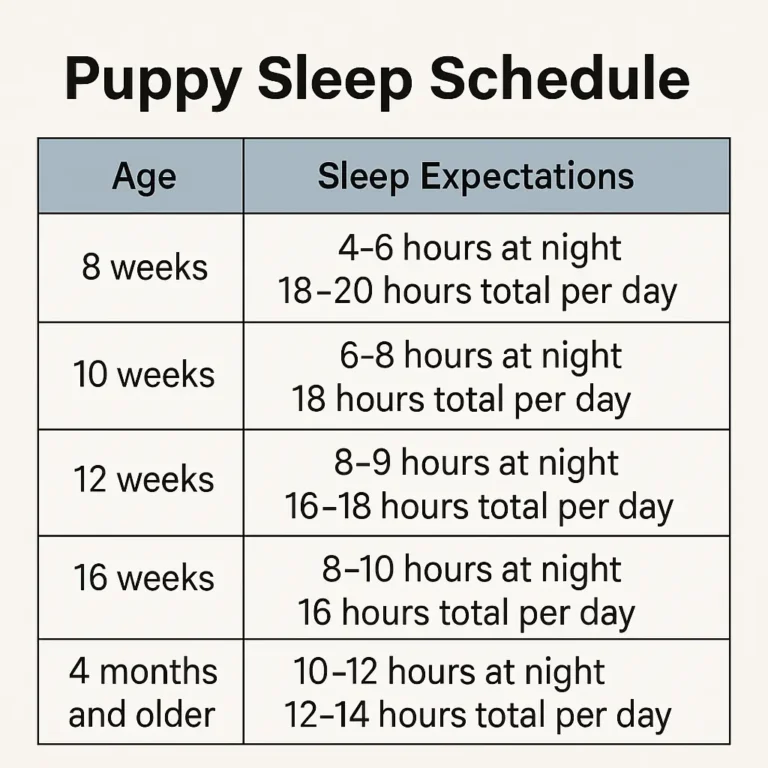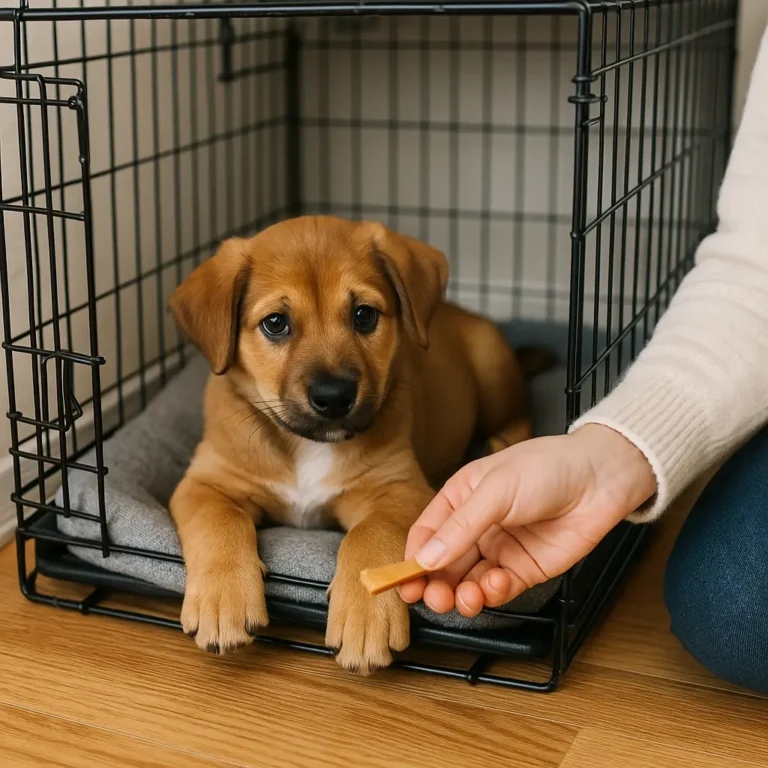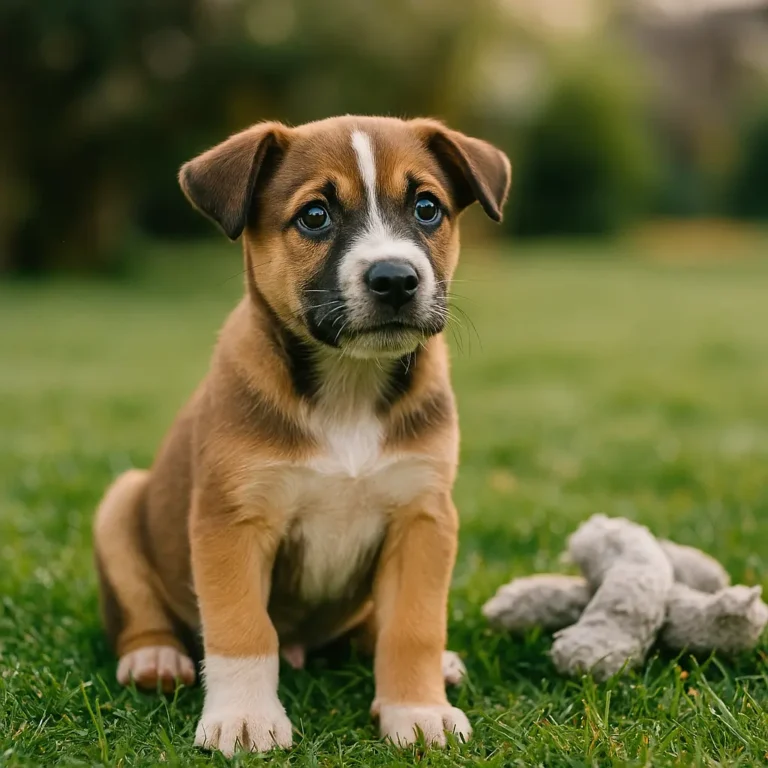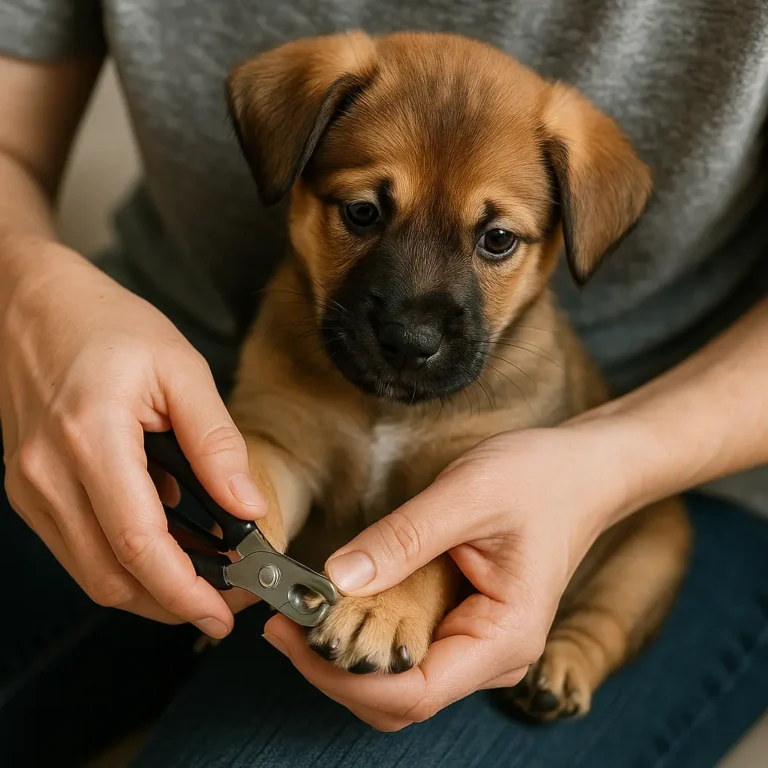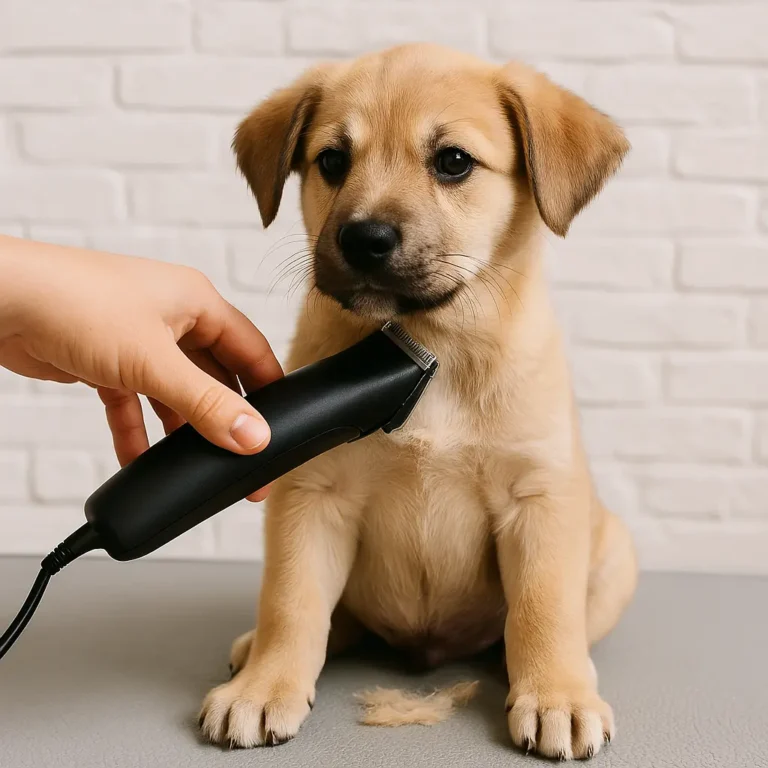Boxer Dog
Boxer Dog: The Ultimate Guide to This Loyal and Energetic Breed
The Boxer Dog is a medium-to-large breed known for its playful, energetic, and loyal nature. Originating from Germany, Boxers were initially bred for hunting and guarding, making them both protective and affectionate family pets. They have a muscular build, a distinctive square-shaped head, and a short, sleek coat that requires minimal grooming.
Boxers are intelligent type of dogs that thrive in active households. They are excellent companions for families, single owners, and even first-time pet parents due to their trainable and social nature. Their friendly demeanor makes them great with children, while their natural guarding instincts ensure home security.
These breed of dogs require daily exercise, including walks, runs, and interactive play sessions. With proper training and socialization, they grow into well-behaved and obedient pets. If you’re looking for a high-energy, affectionate, and protective breed, the Boxer Dog is a perfect choice.

Boxer Dog Puppies are full of energy and curiosity. They require early socialization to grow into well-behaved adults. These puppies have a high play drive and love engaging in interactive activities. Training should begin early, focusing on basic commands, leash walking, and social interactions.
Since they are known for their boundless energy, a proper diet and exercise routine are essential. Boxer puppies tend to chew on everything, so providing chew toys can help prevent destructive behavior. They thrive on companionship and should not be left alone for extended periods.
Breed Traits
The Boxer Dog is intelligent, energetic, and affectionate. They are loyal companions who excel in guarding duties while being incredibly playful. This breed is known for its strong build and boundless enthusiasm.
A Boxer Dog’s lifespan ranges between 10 to 12 years. With proper nutrition, exercise, and regular vet checkups, some Boxers can live even longer while maintaining an active lifestyle.
Male Boxer Dogs grow between 22-25 inches, while female Boxers range from 21-24 inches. Their height gives them an athletic and balanced structure, making them both agile and powerful.
The average Boxer Dog weight is between 55-70 pounds for males and 50-65 pounds for females. Proper diet and regular exercise are essential to maintaining a healthy weight for this active breed.
Boxers thrive in homes with space to play and an active family. They need daily exercise and mental stimulation. Apartments are fine if they get enough outdoor activity, but a yard is ideal.
Breed Characteristics
Boxers have a short, sleek coat, muscular build, and expressive face. They are intelligent, playful, and protective, making them excellent family companions and watchdogs. Their affectionate nature makes them great with children.
The Boxer Dog is a family-friendly breed that bonds deeply with its owners. They are gentle with kids, social with other pets, and protective, ensuring their home remains safe and loving.
Boxers are athletic, muscular, and compact with a square muzzle and expressive eyes. Their coats come in brindle, fawn, or white variations with minimal grooming requirements, making them easy to maintain.
Boxers are friendly, outgoing, and social with both humans and animals. They thrive on companionship and can suffer from separation anxiety if left alone for long hours.
The Boxer Dog personality is energetic, playful, and affectionate. They are loyal protectors who love engaging in physical activity. Their intelligent and trainable nature makes them a joy to own.
Training a Boxer Dog: Essential Tips
Training a Boxer Dog requires consistency and positive reinforcement. Since they are intelligent and eager to please, they respond well to reward-based training. Basic commands such as sit, stay, and recall should be introduced early.
Due to their high energy levels, obedience training is crucial. Socializing them with people, other pets, and new environments from a young age helps prevent behavioral issues. Boxers excel in agility training and obedience trials, making them perfect for active owners who enjoy engaging with their pets.
Boxer Dog History & Facts
The Boxer Dog originated in Germany in the late 19th century and was developed from the now-extinct Bullenbeisser breed and English Bulldogs. Initially, Boxers were used for hunting, guarding, and even working as messenger dogs during World War I.
By the mid-20th century, Boxers gained popularity as loyal family pets and working dogs. Their versatility and protective instincts made them favorites among law enforcement and service dog communities. Today, they are among the most beloved breeds worldwide, admired for their courage and affectionate nature.
They served as messenger and guard dogs during World War I due to their intelligence and loyalty.
Boxers use their front paws to play and defend, giving them their name.
Boxers are patient, playful, and protective, making them ideal for families with children.
While intelligent, they can have an independent streak, making early training essential.
Due to their short muzzles, Boxers are known for loud snoring.
Popular Boxer Dog Mix Breeds
Boxers create fantastic mixed breeds by combining their playful energy with other breeds’ best traits. The Brindal Boxer X Pitbull (Bullboxer Pit) produces a powerful, athletic companion with a striking brindle coat. The Boxer X Lab (Boxador) blends the Boxer’s goofy charm with the Lab’s friendly nature, perfect for active families. For a gentle giant, the Boxer X Mastiff (Boxmas) offers massive size with a heartwarming personality. The Boxer X Beagle (Boggle) mixes the Boxer’s protectiveness with the Beagle’s curiosity. Lastly, the Boxer X Rottweiler (Rotterbox) creates a confident, loyal guardian. These Boxer mixes showcase the breed’s versatility in creating amazing canine companions!
A balanced diet is essential for a Boxer Dog, ensuring optimal energy levels and overall health. High-quality protein sources like chicken, beef, and fish help maintain muscle mass. Healthy fats from fish oil or flaxseed support joint health and a shiny coat. Complex carbohydrates such as brown rice and sweet potatoes provide sustained energy. Vegetables like carrots and spinach supply essential vitamins and minerals. Feeding Boxer Dogs portion-controlled meals twice a day prevents bloating. Freshwater should always be available. Avoiding processed foods and artificial additives contributes to long-term well-being. Consult a vet for personalized dietary recommendations.
Boxer Dog Breed Behavior
Boxer Dogs are loyal, affectionate, and energetic companions. They form strong bonds with their families and are protective of their owners. Their playful nature makes them great with children. However, they require early socialization to avoid excessive stubbornness. Boxer Dogs are intelligent and thrive on mental and physical stimulation.
Alertness
Protectiveness
Prey drive
Aggressiveness
Barking level
Trainability
Mental stimulation needs
Intelligence
Popular Boxer Dog Mix Breeds
Boxers make incredible mixed breeds when paired with other popular dogs. The Boxer X Husky (Boxsky) combines boundless energy with striking blue eyes for an adventurous companion. The Boxer X Cane Corso (Boxane) creates a powerful protector with impressive size and loyalty. For compact charm, the Boxer X Boston Terrier (Boxston) offers big personality in a small package. The Boxer X Golden Retriever (Golden Boxer) mixes playful goofiness with gentle affection. The Boxer X Poodle (Boxerdoodle) brings smarts and low-shedding appeal, while the Boxer X Pug (Pugoxer) delivers irresistible wrinkles in a petite size. These Boxer crosses showcase the breed’s amazing versatility in creating perfect family pets!
Boxer Dogs have short, low-maintenance coats, making grooming relatively easy. Weekly brushing helps remove loose hair and maintain their coat’s shine. Since they are prone to skin sensitivities, using a mild shampoo during baths is advisable. Regular ear cleaning prevents infections, while nail trimming ensures proper foot health. Brushing their teeth frequently minimizes tartar buildup. Despite minimal shedding, maintaining their hygiene through routine care is essential. Owners should inspect their Boxer Dogs for allergies or skin issues to ensure their overall well-being.
Boxers are generally healthy but prone to hip dysplasia, heart disease, and certain cancers. Due to their short snout, they may experience breathing difficulties in extreme heat. Regular vet checkups, a high-quality diet, and proper exercise help maintain their health. Boxers can also be susceptible to bloat, a potentially fatal stomach condition, so feeding them smaller meals and preventing excessive exercise after eating is essential. Eye problems, like progressive retinal atrophy, are another concern. With proper care, routine vet visits, and an active lifestyle, Boxers can live a happy and healthy life for 10 to 12 years.
Boxer Dog Size: A Strong and Athletic Medium-to-Large Breed
Boxers are classified as medium-to-large dogs, with males weighing 60 to 80 pounds and females 50 to 65 pounds. Their powerful and muscular frame makes them agile and energetic, excelling in sports, obedience training, and protective roles as a large breed. They require plenty of space and daily exercise to thrive. Boxers can adapt to apartment living if given enough activity. Their compact build, strong legs, and deep chest contribute to their athleticism and endurance. Early training ensures they grow into well-mannered, obedient dogs that make great family companions.
Frequently Asked Questions About Boxer Dogs
Are Boxer Dogs good with kids?
Do Boxers shed a lot?
Are Boxer Dogs easy to train?
How long do Boxer Dogs live?
Do Boxers require a lot of exercise?
Are Boxer Dogs aggressive?
Can Boxers live in apartments?
Do Boxers drool a lot?
Boxer Dogs thrive in active households where they receive plenty of exercise, playtime, and companionship. They are best suited for families, singles, and active individuals who can keep up with their energy levels. Boxers need structured training and mental stimulation to prevent boredom. Due to their affectionate nature, they enjoy being part of family activities. They do best in homes with yards, but with proper exercise, they can adapt to apartments. Boxers are also great for obedience training, agility sports, and as loyal protectors. With the right environment and care, they make loving and devoted companions.
The Boxer Dog is a strong, affectionate, and energetic breed with a loyal and protective personality. They require regular exercise, proper training, and early socialization to thrive. Their low-maintenance coat and playful nature make them great companions for families and active individuals. Boxers are known for their loyalty and fun-loving temperament, excelling in both sports and family life. With proper care, love, and training, a Boxer Dog will be a devoted and joyful pet. If you’re looking for an energetic, loving, and intelligent dog, the Boxer could be the perfect fit for you! What dog am I? Your ideal superpower exposes your inner breed personality!

